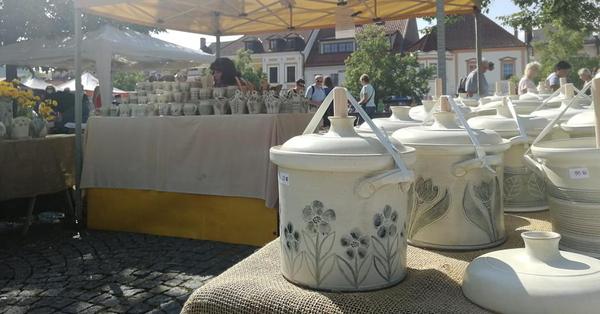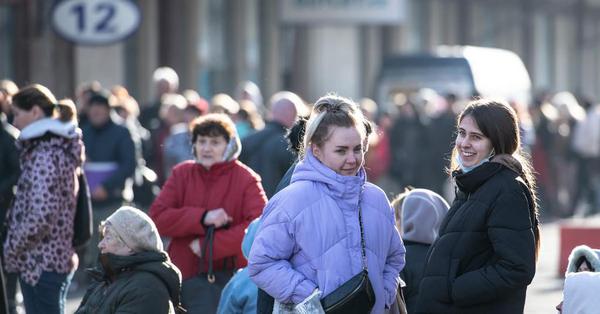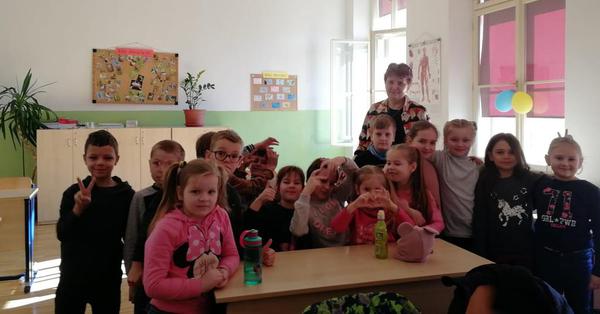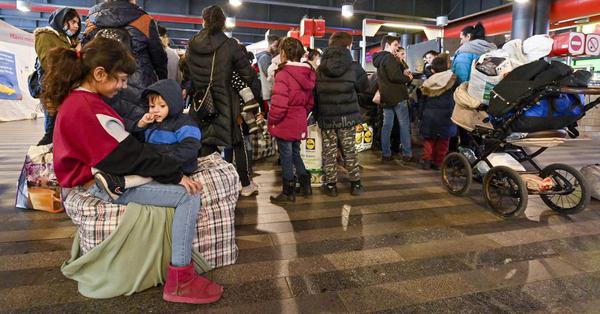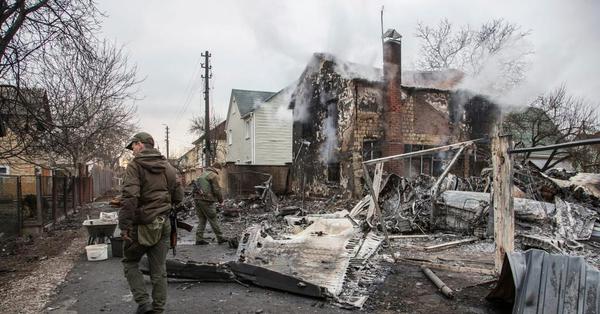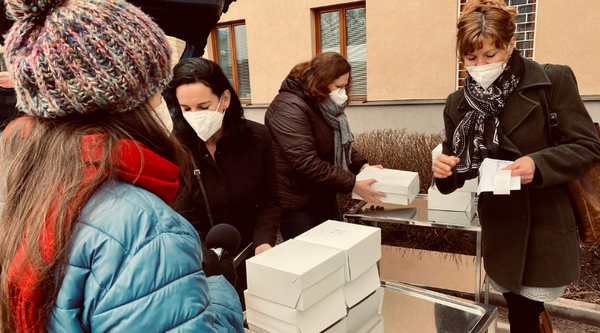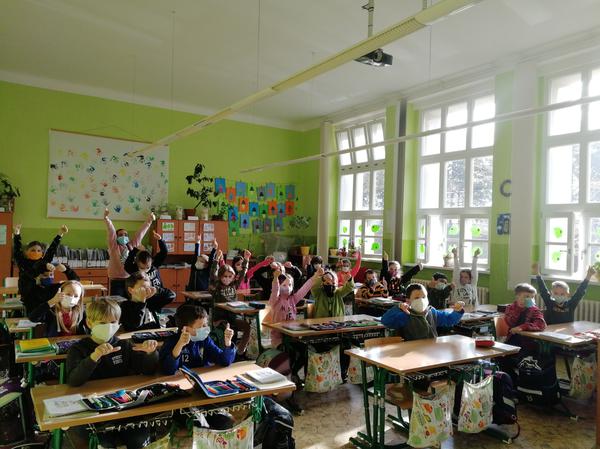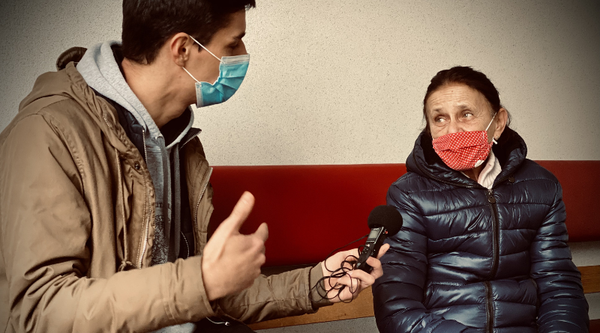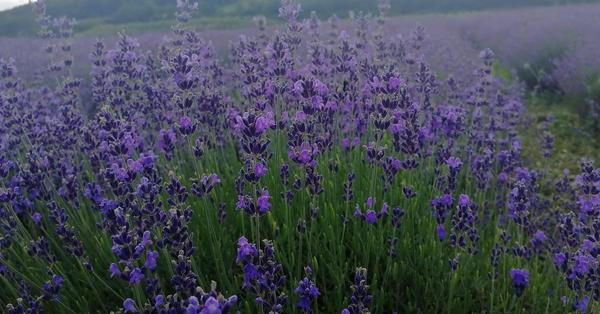
Czechia boasts the biggest organic lavender field in Europe
Lavender Valley is nestled in the heart of the Barrandien Geopark, a geologically unique region between Prague and Plzen. It was here that Helena Neumannová decided to plant English
Před více než rokem byli učitelé i žáci nuceni přesedlat na distanční výuku. O využití technologií, stavu českém školství, problémech i výhodách distanční výuky či nenahraditelnosti osobního kontaktu toho bylo řečeno již mnoho. Co konkrétního si však učitelé odnesou z distanční výuky do té prezenční? Odpovídají tři učitelé ze základních škol i gymnázia v Klatovech, Chvalkovicích a Plzni.
I v náročných časech koronavirové krize se studentům rozhlasové specializace podařilo připravit tři vydání závěrečné relace. Tím posledním Vás provedou Martina Kroa a Martin Klouda.
Můj vstup s Aničkou Kopeckou začíná na 25:23.
„Jsem moc hrdý na studenty, které jsem mohl učit. Dokazují, že kde je vůle, tam je i cesta. A platí to i o výuce v této, pro všechny složité covidové době. Mohli se na to vykašlat, no oni to neudělali. Naopak, svými materiály ukazují, že zvládli výuku i ve stížených podmínkách. Zůstávají pro mne inspirací,“ říká na adresu svých studentů rozhlasové specializace pedagog, Karol Lovaš.
Závěrečnou relaci studentů a jejich učitele si můžete poslechnout i vy.

